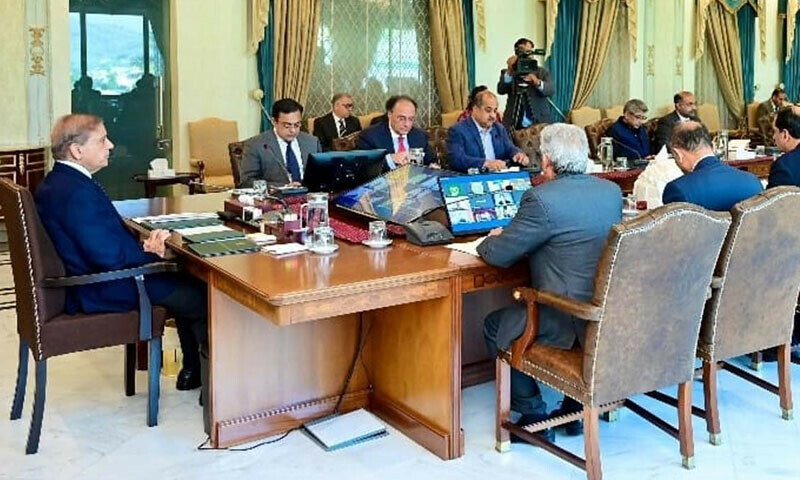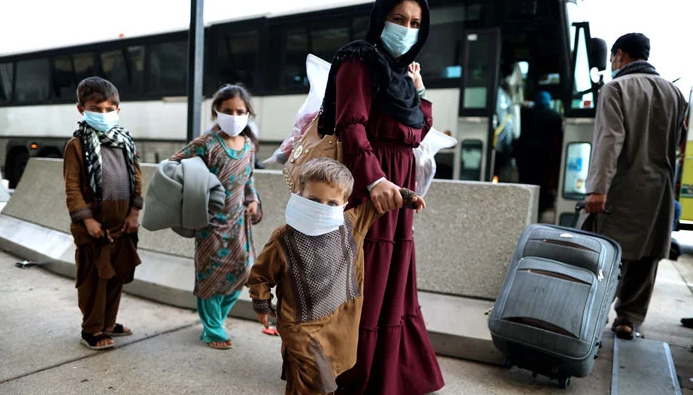WATCH

The agriculture sector recorded a sharp decline in growth during the second quarter of FY25, plunging to 1.10% compared to 5.80% in the previous fiscal year — a worrying trend that has prompted urgent intervention from the federal government.
In a high-level meeting on agriculture reforms held today, Prime Minister Shehbaz Sharif reiterated his government’s commitment to transforming the sector along modern and sustainable lines. Highlighting the sector’s pivotal role in achieving economic self-sufficiency, the prime minister stressed the need for innovation, institutional reform, and youth involvement.
The prime minister directed relevant ministries to prepare a National Agri-Innovation Plan, and to formulate a long-term, coordinated strategy involving provinces and stakeholders. He emphasized the need for climate-resilient agro-industrial policies and urged immediate facilitation of agricultural loans on easy terms.
🔻 Declining Crop Performance
The sector’s downturn was primarily due to negative growth in key crops:
- Cotton production declined by 30.7%, falling to 7.08 million bales from last year’s 10.22 million.
- Rice output dropped by 1.4%, recorded at 9.72 million tonnes.
- Maize production fell by 15.4%, to 8.24 million tonnes.
- Sugarcane also dipped by 2.3%, with production down to 85.62 million tonnes.
- The wheat cultivation area shrank by 6.8%, despite no visible impact in the first quarter.
Only a few bright spots emerged, such as potato production, which grew by 14.2%, and minor crop growth of 0.73%.
🔍 Strategic Reforms & Innovation
At an earlier consultation in April, the premier expressed concern over Pakistan’s dwindling cotton yields and heavy reliance on imports — a stark contrast to regional advancements in India and China. He lamented the lack of institutional support for local agri-machinery producers and agri-service firms, especially those catering to small farmers.
Calling for a blend of youth-driven innovation and expert wisdom, PM Shehbaz emphasized tapping into Pakistan’s 65% rural population, encouraging agri-tech entrepreneurship, and addressing systemic gaps in financial support.
He instructed the formation of working committees in five key sectors, promotion of high-quality seed certification reforms, and enhanced agricultural research funding.
The meeting also called for increased domestic and foreign investment, and a stronger role for financial institutions to support long-term agricultural sustainability.




